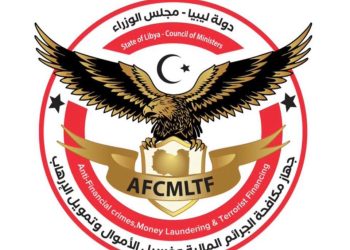By Sami Zaptia.

Istanbul, 9 May 2017:
On the opening day of the Libya Investment Summit in Istanbul 9-11 May, Issa Twejri, former Minister of Planning and member of the UN Libya Experts Forum said that ‘‘Libya is a virgin land of opportunities in a variety of sectors and with a strategic location”.
”It connects the fast growing continent of Africa with Europe. It is in need of investment for the stability of the whole region. It can become a hub for a number of commercial activities’’. The former minister was responding to the question: why invest in Libya?
He suggested the hydrocarbon sector for ‘‘added-value investments’’, the ICT sector which has ‘‘huge potential’’, travel and tourism as good employment creators and construction and infrastructure as sectors that could offer foreign investors good return on investment (ROI).
Speaking to a hall full of potential investors, Twejri warned that Libya ‘‘cannot do it alone. We need your help. We need transfer of knowledge. We need to do it together’’.
Faisel Gergab, chairman of Libya Post Telecommunication and Information Company (LPTIC – Libya’s state-owned telecoms holding company) said that ‘‘we have heard a lot about Libya’s geography and natural resources, but investors want ROI and stability’’.
‘‘We have had a lot of difficulties over the last five years; deficit, instability etc, which are all a major burden on the country. Currently projects, as witnessed by the many stationery cranes all over the country, are on hold’’.
Investment is very much needed, he explained as ‘‘the country had been going through regression over the last 40-odd years’’. After the revolution the country had US$ 190 bn in reserves but these are now almost depleted, he explained with little to show for them. A change of thinking is needed.
There needs to be ‘’PPP through the private sector in order to ease the pressure on the public sector. The Libyan government, suffering a deficit, is unable to fund ‘‘billions and billions’’ of dollars of investments. The money is simply not there and therefore there needs to be access to PPP money. There is a dire need to stimulate the Libyan economy which needs changes to the regulatory environment – as well as security he concluded.







